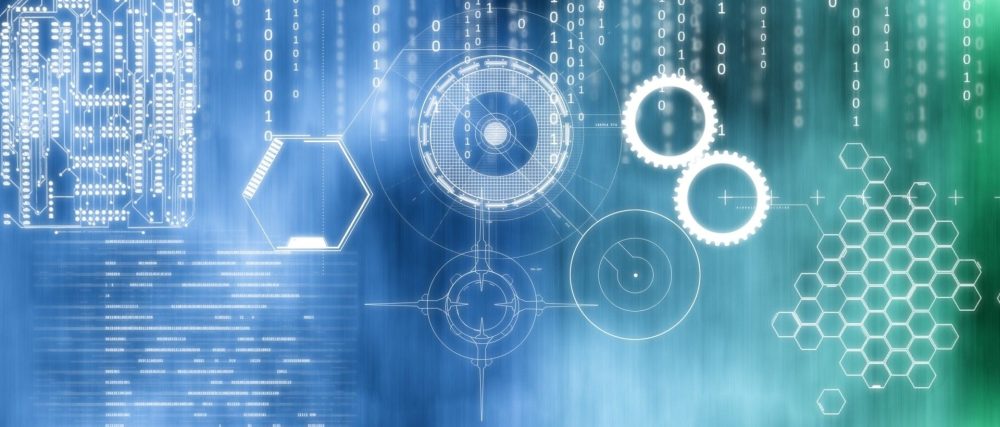As technology continues to advance at a rapid pace, the need for strong cybersecurity measures has become more important than ever. With cyber attacks becoming increasingly sophisticated and widespread, companies are turning to artificial intelligence (AI) to help protect their sensitive data and systems. In this article, we will explore the role of AI in enhancing cybersecurity and how it is revolutionizing the way we approach digital security.
What is AI?
Artificial intelligence is a branch of computer science that focuses on creating machines capable of performing tasks that typically require human intelligence, such as learning, problem solving, and decision making. AI systems can analyze vast amounts of data, detect patterns, and make predictions based on that data, making them powerful tools for cybersecurity.
How AI Enhances Cybersecurity
AI enhances cybersecurity in several ways, including:
Threat Detection
AI-powered systems can analyze network traffic, detect unusual patterns or behaviors, and flag potential threats in real-time. This allows organizations to respond to incidents quickly and prevent breaches before they occur.
Predictive Analysis
AI can analyze historical data to identify trends and predict future cyber attacks. By identifying potential threats before they happen, organizations can take proactive measures to strengthen their defenses and protect their data.
Automated Response
AI systems can automate routine cybersecurity tasks, such as patch management and threat response, freeing up security teams to focus on more complex issues. This not only improves efficiency but also reduces the risk of human error.
User Behavior Analysis
AI can analyze user behavior to detect anomalies and potential insider threats. By monitoring user activity and flagging suspicious behavior, organizations can prevent data breaches and unauthorized access to sensitive information.
The Future of AI in Cybersecurity
As AI technology continues to evolve, its role in enhancing cybersecurity will only become more crucial. AI systems are becoming increasingly sophisticated and capable of detecting advanced threats that traditional security measures may miss. In the future, we can expect to see AI used in a wide range of cybersecurity applications, including:
AI-Powered Security Operations Centers (SOCs)
AI-powered SOCs can continuously monitor and analyze network traffic, detect threats in real-time, and respond to incidents automatically. This proactive approach to cybersecurity can help organizations stay one step ahead of cyber criminals.
AI-Driven Threat Intelligence
AI can analyze vast amounts of threat intelligence data from multiple sources to identify emerging threats and vulnerabilities. By aggregating and analyzing this data, organizations can make more informed decisions about their cybersecurity strategy.
Conclusion
AI is transforming the field of cybersecurity by providing organizations with the tools they need to detect, respond to, and prevent cyber attacks. As cyber threats continue to evolve, AI will play an increasingly important role in helping organizations stay ahead of the curve and protect their valuable data and systems. By leveraging the power of AI, organizations can strengthen their cybersecurity defenses and safeguard against the ever-growing cyber threat landscape.




